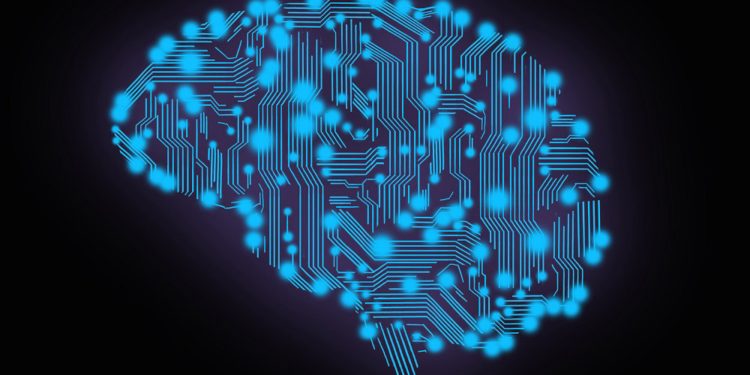Its functions are life-determining, its network of neurons is complex yet its structure is delicately intriguing. The human brain remains a fascinating conundrum
The quest to understand the powerful biological mass called the brain had existed since the time of Aristotle. And just few months into his second term as the President of the United States, Barack Obama launched a grander quest similar only in scale to that of the Human Genome project and the audacious dream of President John F. Kennedy to put a man in the moon.
And the challenge? To map out the human brain.
For centuries, scientists and philosophers have been intrigued by the wonderful mass within the cranium but have little or no understanding of it.
In fact, knowledge of the human brain was so rare hundreds of years past that science revealed more about the brain in the last 15-20 years than in all previous centuries combined.
Yet there is still a long way to go and that is why the BRAIN Initiative was founded with the goal of gaining a deeper understanding of the brain and the National Institute of Health (NIH), Science Foundation, and DARPA spent over US$100 million in 2014 in the inaugural year of the BRAIN Initiative.
And the spending is only going up. In 2017, the NIH alone spent close to $300 million on brain-related research.
Though, the US is at the forefront of unraveling the amazing complexities and functions of the human brain, it is not the only major government investing in brain research. The European Union launched it Human Brain Project in 2013, Japan (Brain/MINDS, 2014), and China (China Brain Project, 2016). They have all made major investments into decades-long research projects.

These studies and several others are geared towards revealing more knowledge about the human brain, getting a new understanding, and possibly treatment, for diseases such as Alzheimer’s, Parkinson’s, and Dementia.
Furthermore, these projects could also spur new advances in the study of intelligence, emotion, and cognition which could lead the way to drastically improved artificial intelligence.
For centuries, brain, a three-pound organ has intrigued and fascinated scientists and philosophers alike. The organ is responsible for virtually every aspect of our humanity and scientists have only just begun to understand which areas of the brain are responsible for various functions.
Some of the main brain responsibilities are: Basic motor control; Sensory reception and processing; Autonomous body regulation (breath, heart rate); Language processing; Emotion and cognition
As one explores each one of these responsibilities, one begins to appreciate the complex ecosystem around each. One could spend several lifetimes studying it and still only barely scratched the surface.